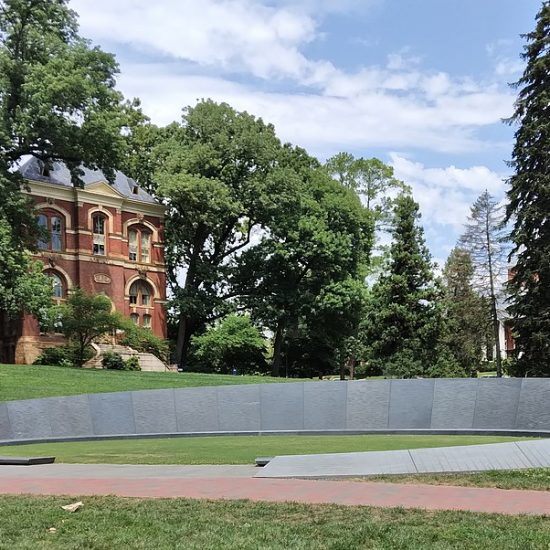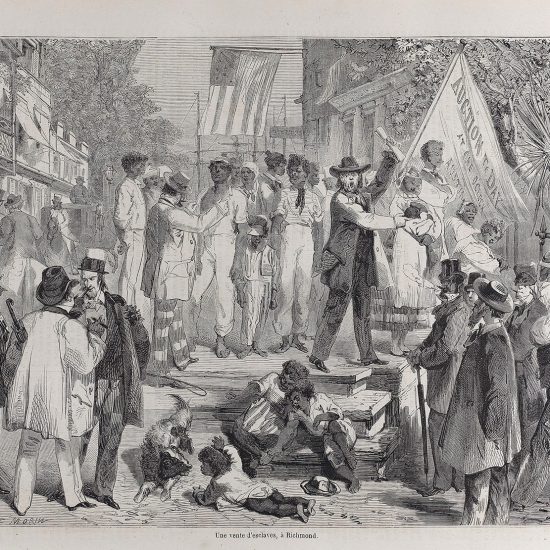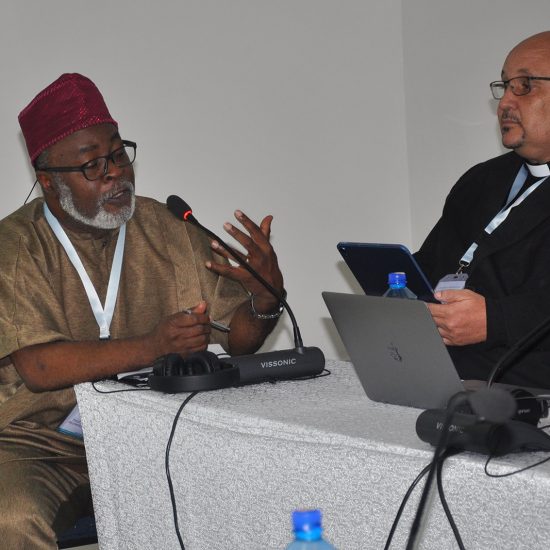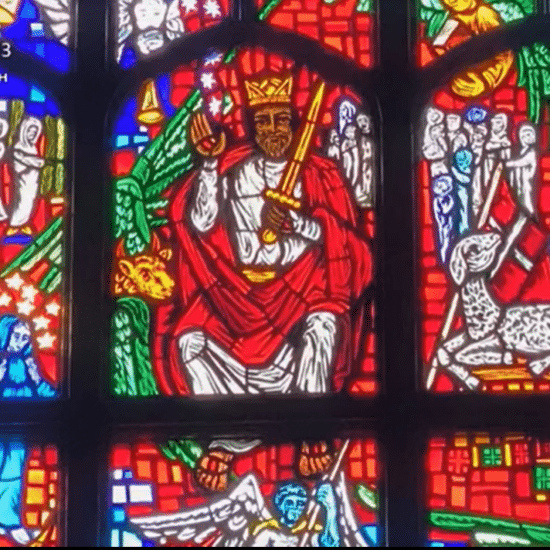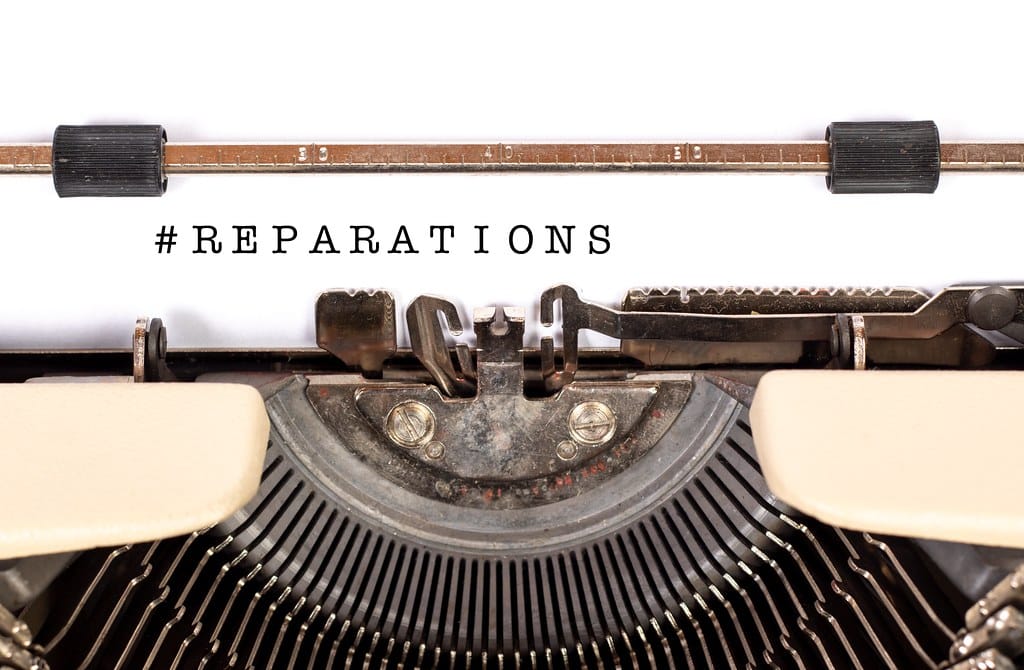
There is much talk — in this and other Christian/faith publications — about righting past wrongs. The difficult topics discussed in 21st century Christian circles include everything from the role of gender in the church, how to avoid sexual abuse situations, and how to move past our checkered history on race relations.

Christopher Dixon
All of these discussions are worth having. After all, what good is the Body of Christ if it/we can’t address the toughest issues? Plainly put: How do we move past the clichés and platitudes and into the practical aspects of helping make sure the 21st century Church represents a safe place for all people, regardless of skin color, gender, and national origin?
As Baptists, we have a complicated history on racial relations. The Southern Baptist denomination came about in large part over the disagreements on slavery and there have been a number of related splits over the last 150+ years.
So, the subject of race reparations has rightly come up in recent discussions — both in Christian and secular circles. Should reparations be made to African-Americans based on the past wrongs of slavery? The answer is no, for a variety of reasons.
Perhaps unsurprisingly, the idea of paying reparations was fairly split among racial lines with blacks in favor, whites opposed, just a few years ago (tinyurl.com/Dixon819). But to call this a racial issue alone would be to oversimplify it.

“#Reparations (Trending Twitter Topics from 18.06.2019)” by trendingtopics is licensed under CC BY 2.0
Compensating victims for the wrongs of forefathers in generations past doesn’t help descendants (think of the disastrous results for Native Americans, with almost no exceptions). While the reasons this won’t work are myriad and complex, it boils down to something difficult to say out loud: being a victim doesn’t work.
Let’s be clear, since I’m not African-American: Were African-Americans victimized by whites across many generations? Yes. Are there still disadvantages that come with being a person of color in parts of this county? Absolutely. But forcing payment for the wrongs of generations ago is not the answer.
Those discussions are similar to a political candidate talking about free college for all Americans, when there are millions who don’t have food and shelter; it makes for a lively discussion, but that’s about it. We have much work to do in our Christian and secular race relations, but race reparations would cause far more harm than good.

